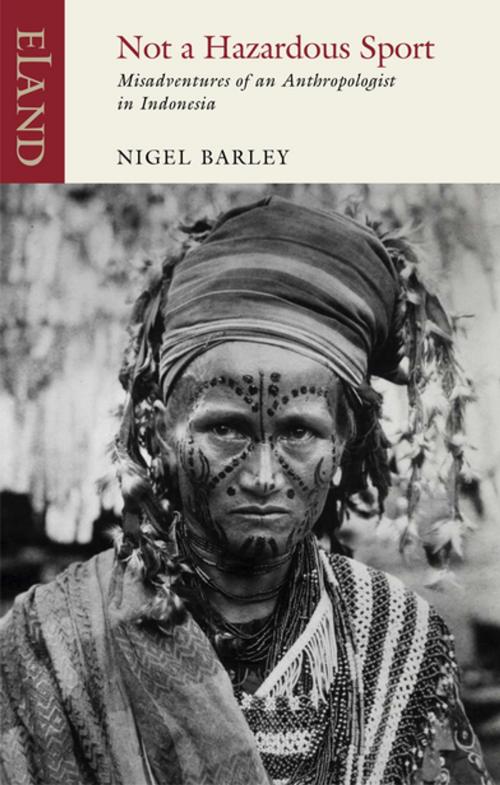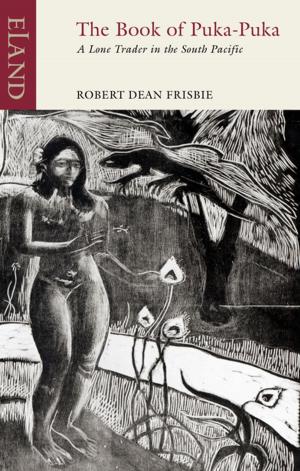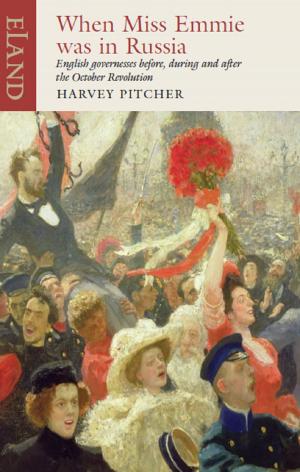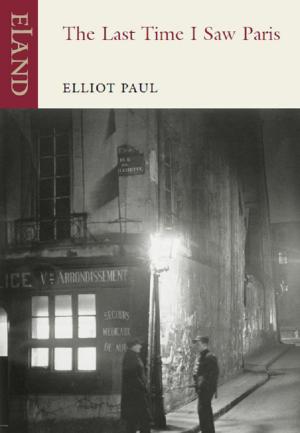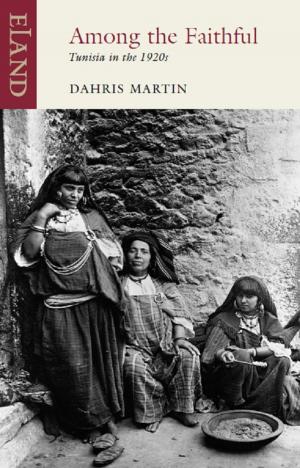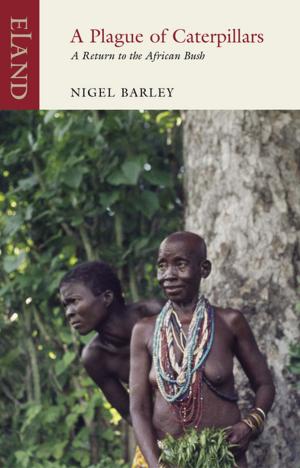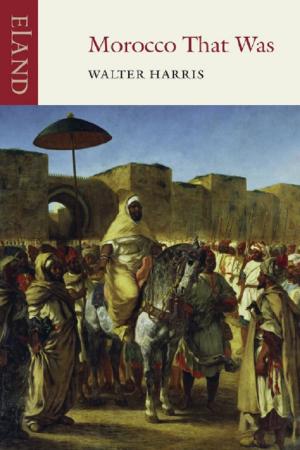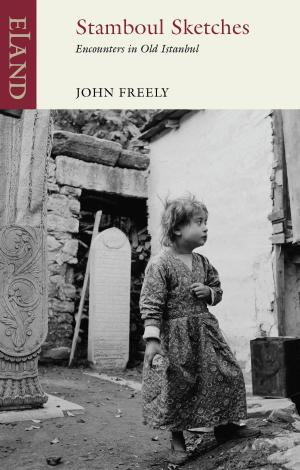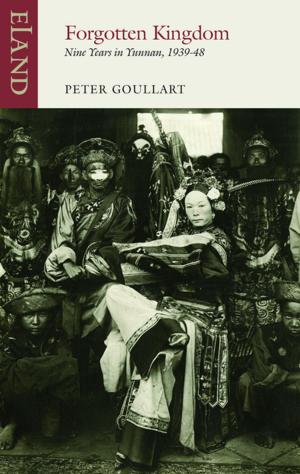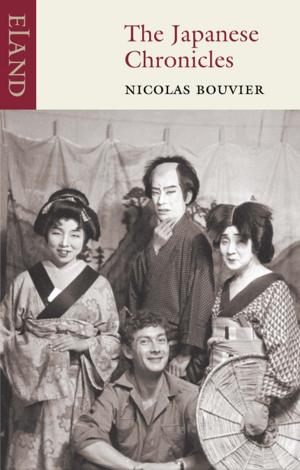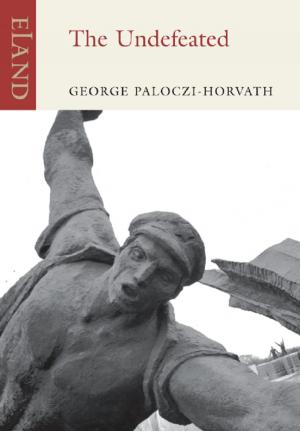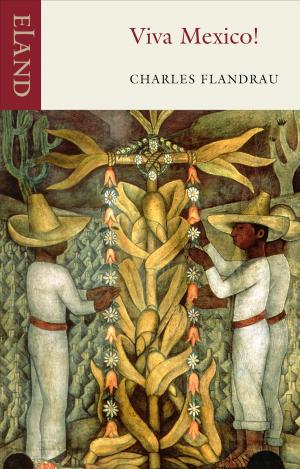Not a Hazardous Sport
Misadventures of an Anthropologist in Indonesia
Nonfiction, Travel, Asia, Southeast, Social & Cultural Studies, Social Science, Anthropology| Author: | Nigel Barley | ISBN: | 9781780601533 |
| Publisher: | Eland Publishing | Publication: | November 30, 2018 |
| Imprint: | Eland Publishing | Language: | English |
| Author: | Nigel Barley |
| ISBN: | 9781780601533 |
| Publisher: | Eland Publishing |
| Publication: | November 30, 2018 |
| Imprint: | Eland Publishing |
| Language: | English |
Nigel Barley travels to Sulawesi in Indonesia to live among the Torajan people, known for their spectacular buildings and elaborate ancestor cults. At last he is following his own advice to students, to do their anthropological fieldwork ‘somewhere where the inhabitants are beautiful, friendly, where you would like the food.’ Barley explores the island on horseback and in buses jammed to the gunnels, and meets priests faithful to the old animist rituals. With his customary wit, he takes the reader deep into this complex but adaptable society.
Reversing the habitual patterns of anthropology, Barley then invites four Torajan carvers to London to build a traditional rice barn at the Museum of Mankind. The observer becomes the observed. Now, it is Barley’s turn to explain the absurdities of an English city to his bemused guests, in a glorious finale to a trilogy of anthropological journeys that began with The Innocent Anthropologist.
Nigel Barley travels to Sulawesi in Indonesia to live among the Torajan people, known for their spectacular buildings and elaborate ancestor cults. At last he is following his own advice to students, to do their anthropological fieldwork ‘somewhere where the inhabitants are beautiful, friendly, where you would like the food.’ Barley explores the island on horseback and in buses jammed to the gunnels, and meets priests faithful to the old animist rituals. With his customary wit, he takes the reader deep into this complex but adaptable society.
Reversing the habitual patterns of anthropology, Barley then invites four Torajan carvers to London to build a traditional rice barn at the Museum of Mankind. The observer becomes the observed. Now, it is Barley’s turn to explain the absurdities of an English city to his bemused guests, in a glorious finale to a trilogy of anthropological journeys that began with The Innocent Anthropologist.
